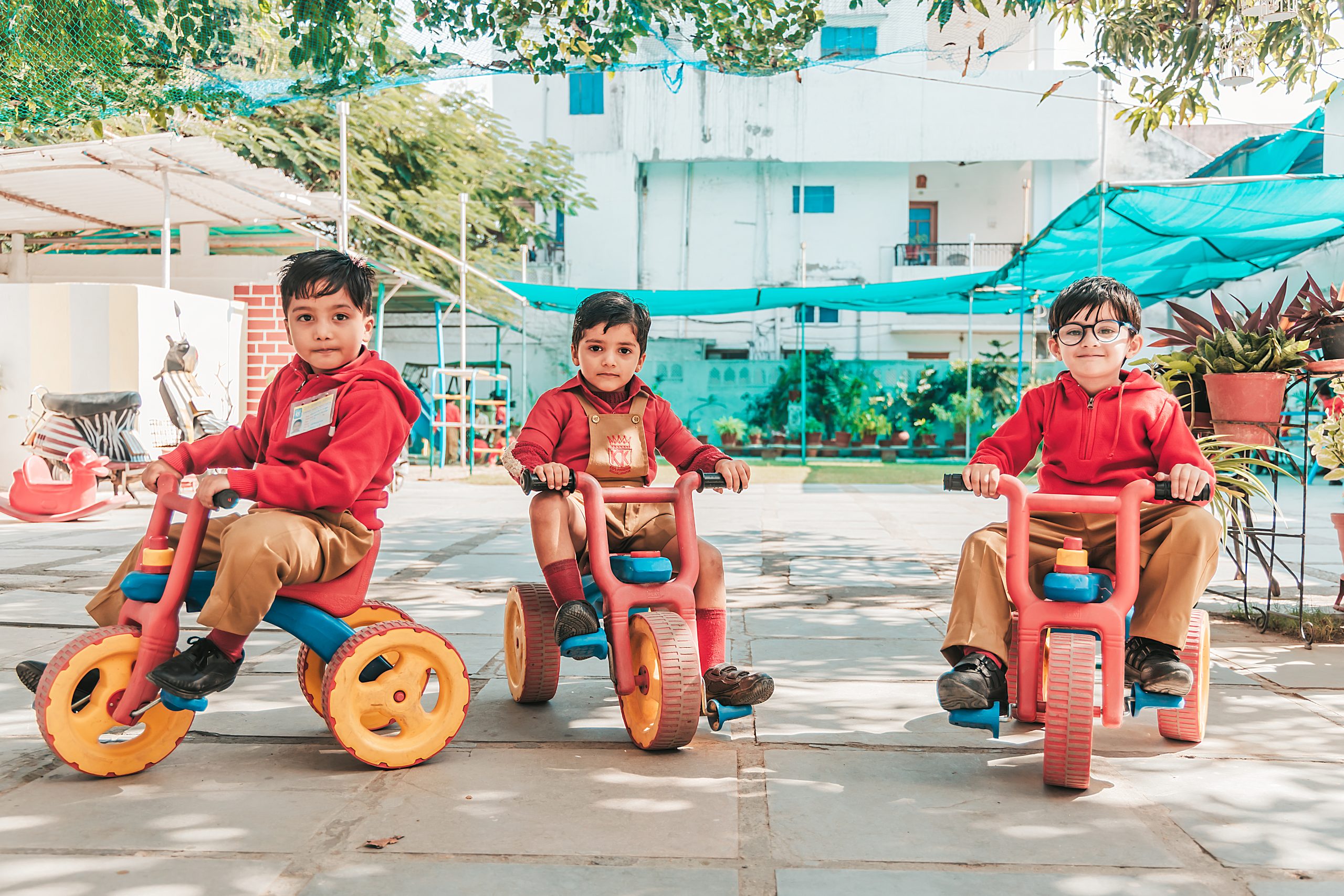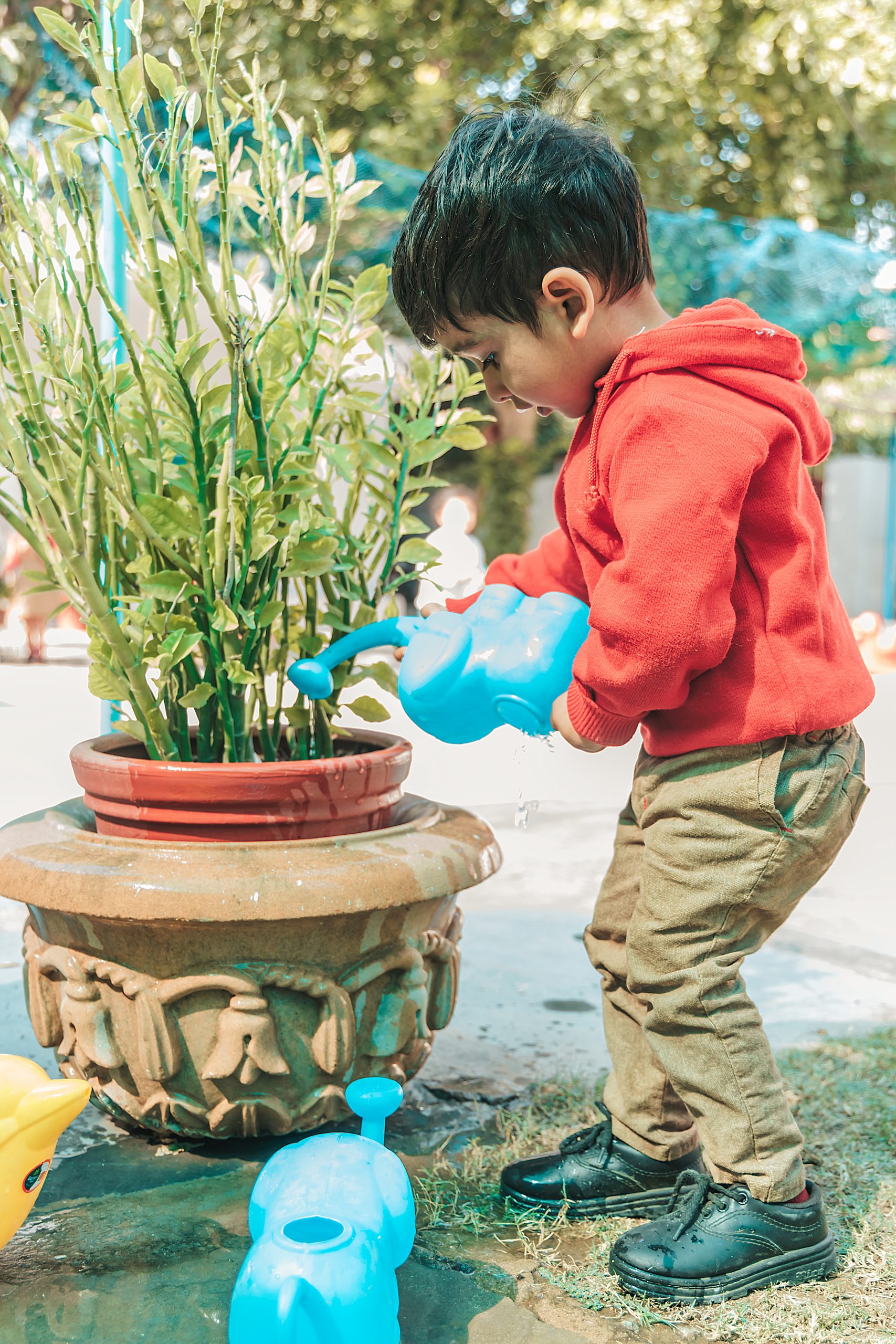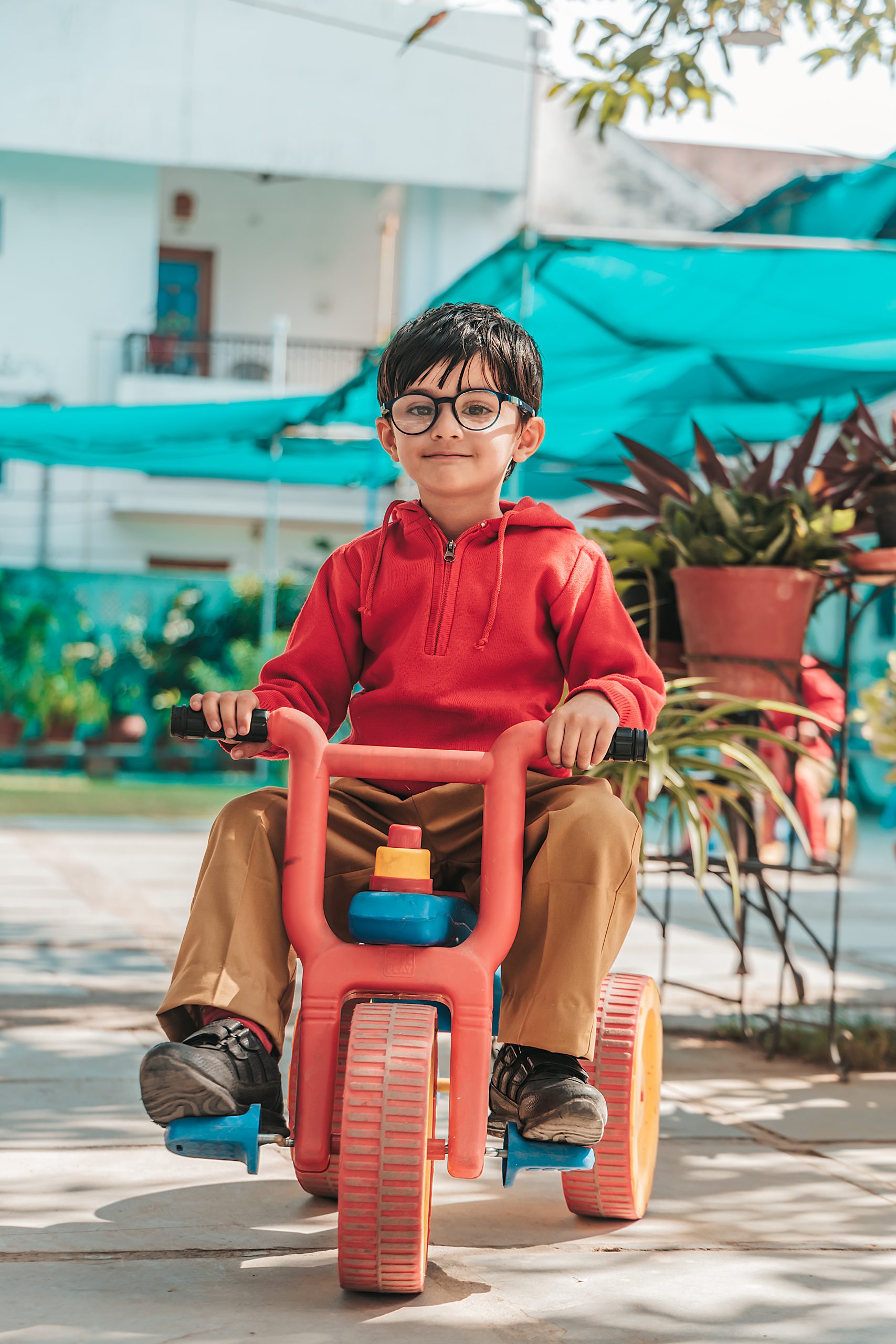One of the most important things you can do for your child is to foster their social and emotional development. This will help them to form healthy relationships and to understand and manage their emotions. There are many ways to do this, and the following are some of the most effective. Here in the blog post, our fine think tanks at kid’s kingdom will bring their valuable knowledge to your attention, hope you would appreciate it!
What is social and emotional development?
Social and emotional development refers to the process by which a person becomes aware of and manages their own emotions and the emotions of others. It begins in the early stages and continues into adulthood.
Some of the key components of social and emotional development include:
- Recognizing and expressing emotions
- Managing emotions
- Building relationships
- Self-awareness
- Self-regulation
All of these components are essential for the healthy social and emotional development of your kid. Below you will find our four best-shortlisted answers to encourage your child to avail better insights into such areas.
1) What are the benefits of social and emotional development?
There are many benefits to social and emotional development. When children have strong social and emotional skills, they are better able to regulate their emotions, set goals, solve problems, and relate to others. These skills help children succeed in school, relationships, and life.
2) How can you help your child foster social and emotional development?
There are many things parents can do to help their children foster social and emotional development. One important way is to provide a model for good emotional expression. Parents can show their children how to identify and express their feelings in a healthy way. This can be done by discussing feelings openly and calmly, and by demonstrating that parents are able to handle their own emotions in a healthy way.
Parents can also help their children develop social skills by providing opportunities for them to interact with other children. This can be done in a variety of ways, such as through playdates, attending social events, and participating in activities with other families. Parents can also help their children learn how to problem-solve and negotiate by providing opportunities for them to experience conflicts and by helping them to understand and resolve them.
3) How Your Parents Can Help?
If you’re concerned about your child’s social and emotional development, you should surely connect your children with their grandparents more profoundly, by any means we are not saying you don’t do that after all our culture is what we are truly blessed with but our key insights are that they can help you determine if your child is exhibiting normal developmental behaviors, or if they may need additional support.
There are many things they can do to help your child if they are struggling, including sharing things they are not comfortable telling you or they are lacking any social skills. It’s important to remember that all children develop at their own pace, and there is no one right way to be socially and emotionally healthy.
4) How can you support social and emotional development in schools?
One way to support social and emotional development in schools is to provide educators with training on how to identify and respond to social and emotional needs. In addition, schools can create a climate that supports social and emotional development by establishing rules and expectations that promote positive social interactions and emotional expression.
Finally, schools can provide students with opportunities to engage in social and emotional learning activities. And you will find all these capabilities under one roof of kid’s kingdom school, where your kid will achieve the best support in social and emotional development, what are you waiting for? Let us have a chat and discuss your child’s bright future, Reach Us Today!











